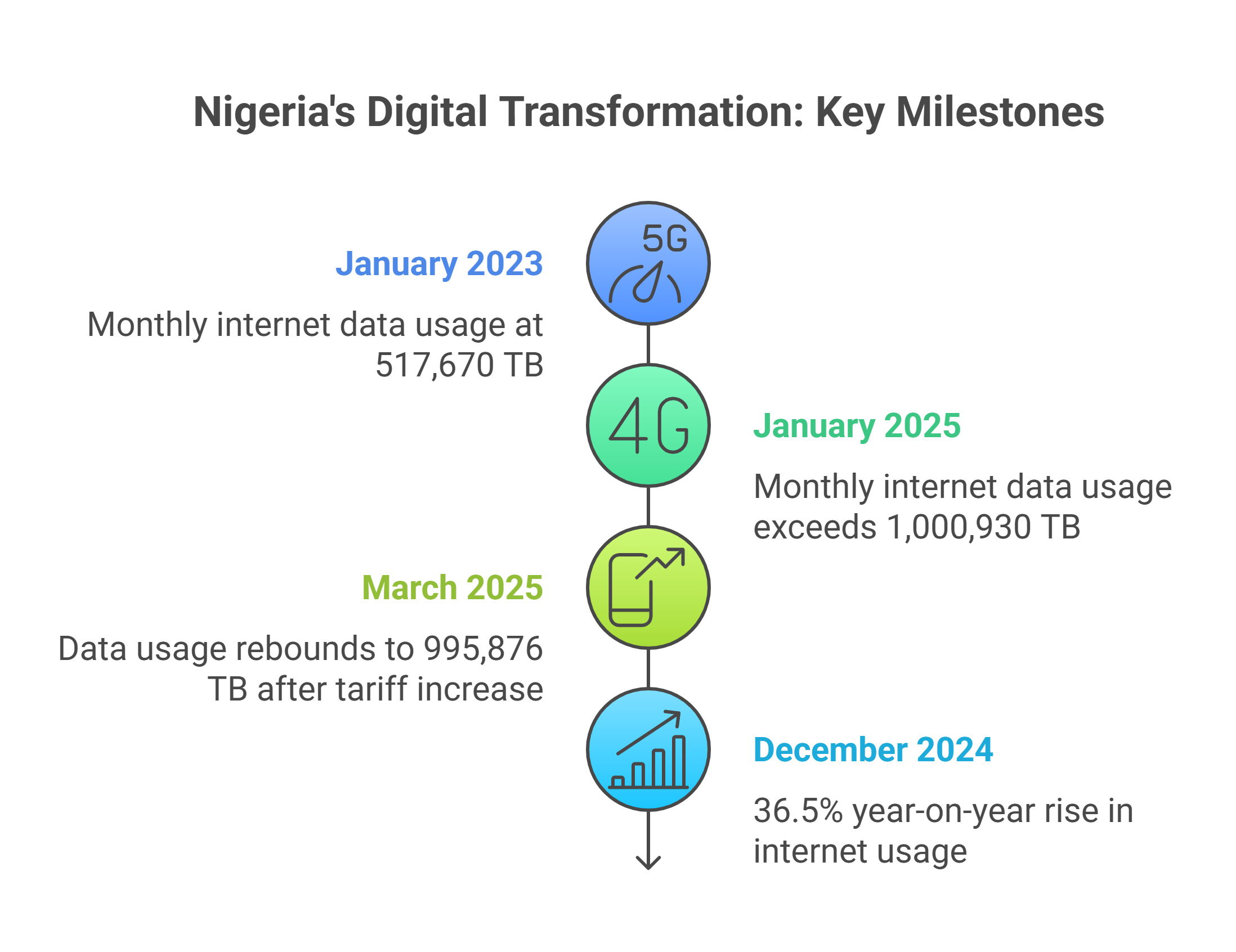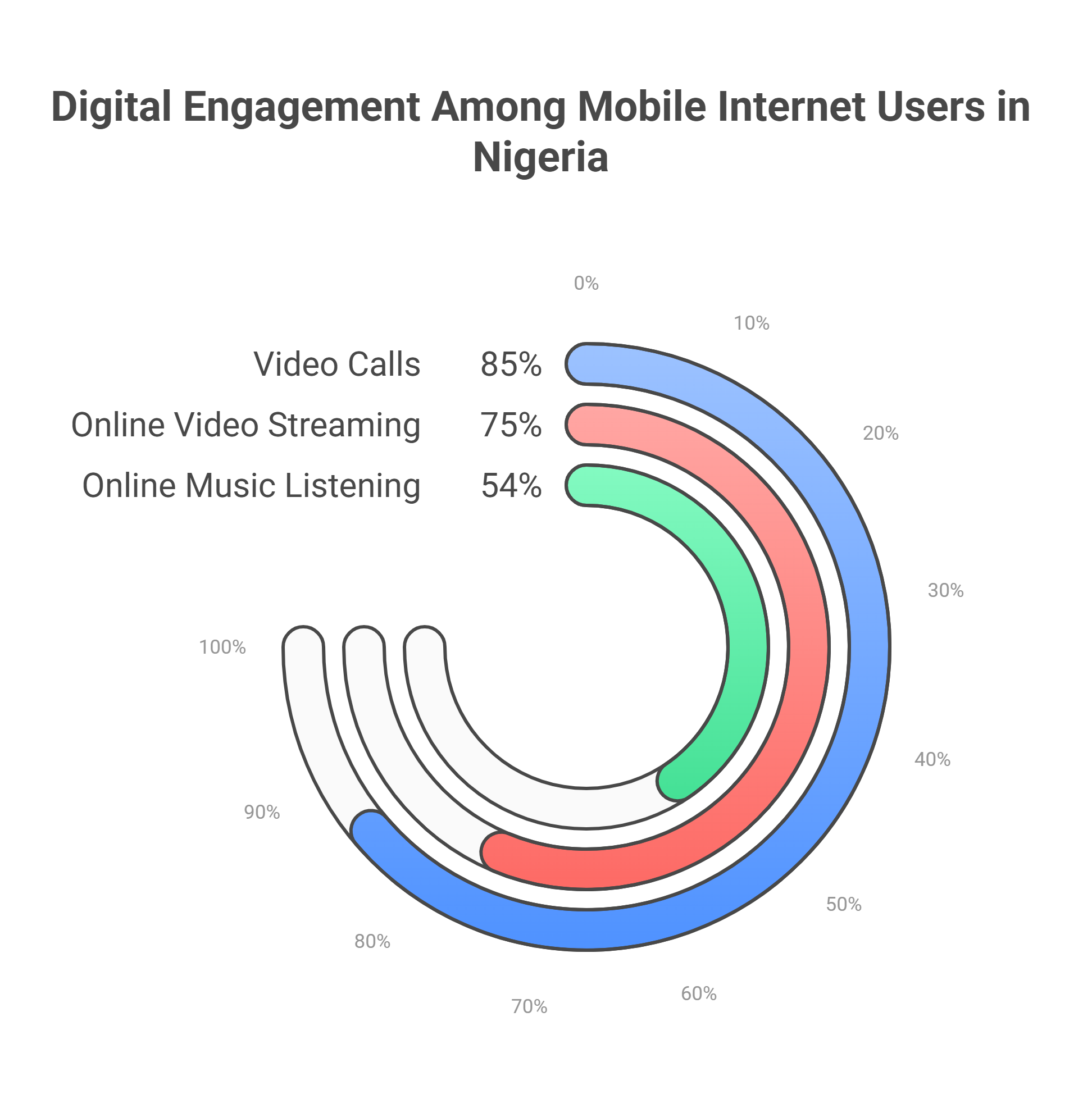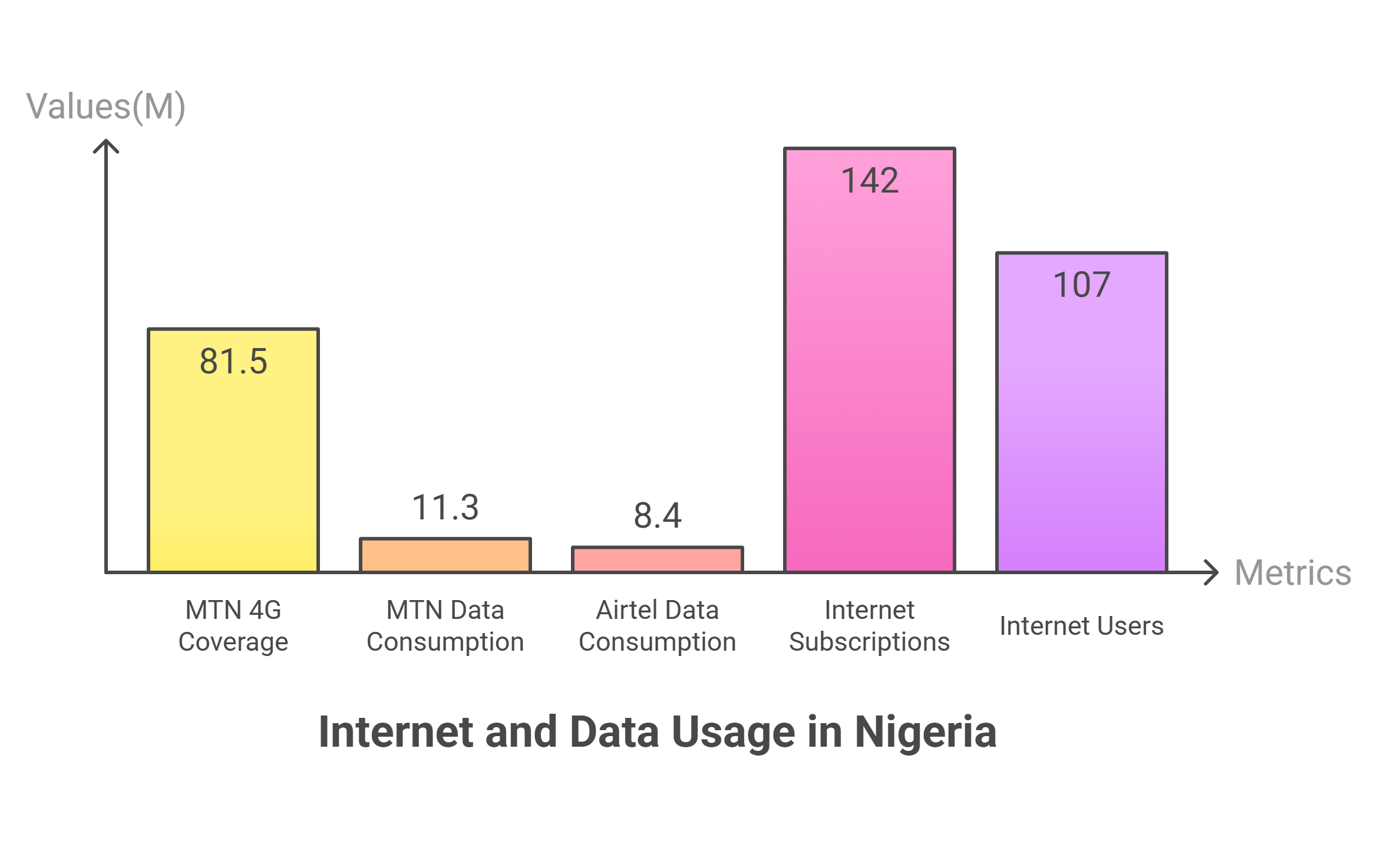Why Digital Supply Chains Matter in Nigeria
“In today’s economy, it’s not the biggest companies that win—it’s the most agile.”
— Supply Chain Africa Summit, 2023
As Nigerian businesses navigate economic fluctuations, rising costs, and unpredictable supply conditions, research confirms: Digital transformation in supply chains is mission-critical (World Bank, 2023: Digital Transformation in Africa Report)
Key Digital Pointers



From FMCG manufacturers to SMEs, businesses are adopting digital tools (ERP, AI, predictive analytics) to:
4 Key Technologies Transforming Nigeria’s Supply Chain (And How SMEs Can Adapt)
Nigeria’s supply chain is gradually embracing digital tools, but adoption varies between large corporations and small businesses. Below, we break down key technologies shaping the sector, their real-world applications, and practical steps for SMEs to get started.
1. ERP Systems (Enterprise Resource Planning)
What it does: ERP software integrates business operations—inventory, sales, finance, and procurement into a single system.
Adoption in Nigeria:
• Large enterprises (e.g., Dangote Group, PZ Cussons) use ERP solutions like SAP for logistics and production.
• Mid-sized agri-businesses (e.g., Chi Farms) leverage ERP for batch tracking and distribution.
• Most SMEs still rely on manual processes or Excel due to cost and awareness gaps.
2. Predictive Analytics
What it does: Uses historical data to forecast demand, optimize inventory, and reduce waste.
Adoption in Nigeria:
• Large firms & agri-tech startups (e.g., ThriveAgric, Releaf) use analytics for smarter distribution.
• Most SMEs still depend on intuition rather than data-driven decisions.
3. IoT (Internet of Things)
What it does: Sensors track real-time conditions like vehicle location, temperature, and product movement.
Adoption in Nigeria:
• Mostly limited to pharma logistics (e.g., vaccine cold chains) and multinational-linked operations.
• SMEs rarely use IoT due to high costs and infrastructure gaps.
4. Artificial Intelligence (AI)
What it does: Automates pricing, inventory alerts, and customer interactions.
Adoption in Nigeria:
• E-commerce giants (Jumia, Konga) use AI for recommendations and route optimization.
• Most SMEs only interact with AI through existing tools (e.g., WhatsApp automation, Facebook ads).
How Nigerian SMEs Can Start Digitizing
Instead of jumping
straight to AI or IoT, SMEs should take practical steps:
✔ Use basic
inventory apps (Bumpa, Inflow, Sabi).
✔ Sell via mobile
platforms (Jiji, WhatsApp Business).
✔ Try low-cost
cloud ERP (ERPNext, Zoho One).
✔ Train staff on Excel,
bookkeeping apps, and digital sales.
✔ Partner with tech
hubs (Omnibiz, TradeDepot).
✔ Leverage free
AI tools (Google Gemini, Social media Ads).
✔ Watch for government/donor-funded
digital grants.
Nigeria’s supply chain
is evolving, but SMEs must adopt tech gradually. Start small, build digital
literacy, and scale up as resources allow.
